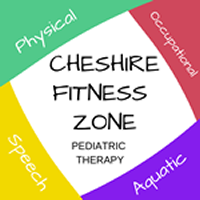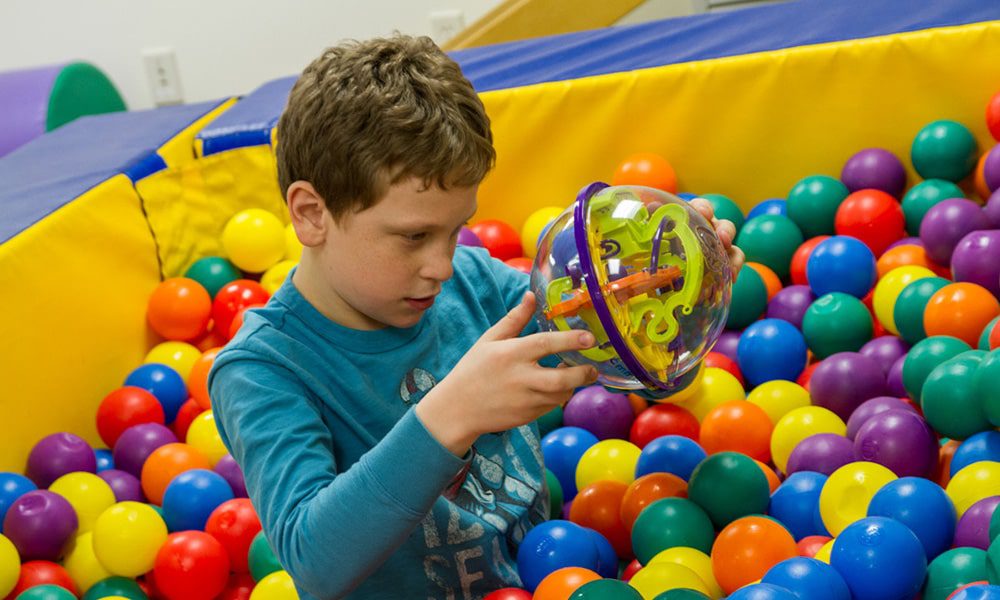It can be a daunting task for parents to determine if their children require the help of a speech therapist. Every child is unique when it comes to finding its special path to discovering its voice. Speech therapy for kids however is not uncommon. Children as young as 20 months old gain a lot from a visit to a speech therapist. Note however that parent training in relevant speaking techniques forms a crucial part of speech therapy for toddlers and young children. If you are unsure of whether your child needs the assistance of a speech therapist, here are a number of key pointers to help you out.
At 12 months of age
A 12 month old child should be able to:
• Anticipate events such as a bottle or a cup to mean getting a drink
• Follow simple directions
• Imitate simple sounds, actions and words
• Recognize his or her name
• Point out their favorite toy or objects of personal interest like an adult
At 18 months of age
The child should:
• Have a limited sense of sharing
• Enjoy solitary play
• Ask simple questions like “What is that?”
• Use at least 15 words
• Identify some body parts
• Refer to himself or herself by name
• Recognize pictures when named
• Pretend to feed his or her toy play things
At 2 years of age
• Put toys away when requested to do so
• Follow simple instructions and directions
• Use a vocabulary of at least 200-300 words
• Use two-word phrases like “baby sleep”, “mommy up” and the likes
At 3 years of age
• Play in groups with other children
• Enjoy make-believe play
• Differentiate prints and pictures
• Share toys for a limited duration of time
• Understand simple questions like “why?”, “who?”, “what?” and the likes
• Follow two-step commands
• Have a vocabulary of at least 900-1000 words
At 4 years of age
• Use a vocabulary of at least 1500 words
• Ask multiple questions
• Enjoy role playing
• Tell stories with a beginning and an end
• Match some letters with sounds they represent
• Categorize objects
• Use complex sentences
At 5 years of age
• Discuss some of his or her feelings
• Use proper grammar 90-percent of the time
• Follow three-step command
• Follow game rules
• Show interest in group activities
• Understand the concepts of before and after
• Use vocabulary of about 2000 words
• Speak clearly most of the time
If your child is in any of the above age groups and you notice that he is having issues with his speech, have them addressed as soon as possible. Don’t wait until he gets into the other age group to have the issues addressed. However, the decision about the type of speech therapy that best suit your child’s situation is all yours.
A lot of children have special challenges and needs that require focused speech therapies and treatments. Note that these therapies and treatments might go beyond the scope of a speech therapist working alone. Parents also need to play an active role in this form of treatment as they spend a large percent of their time with their kids.



